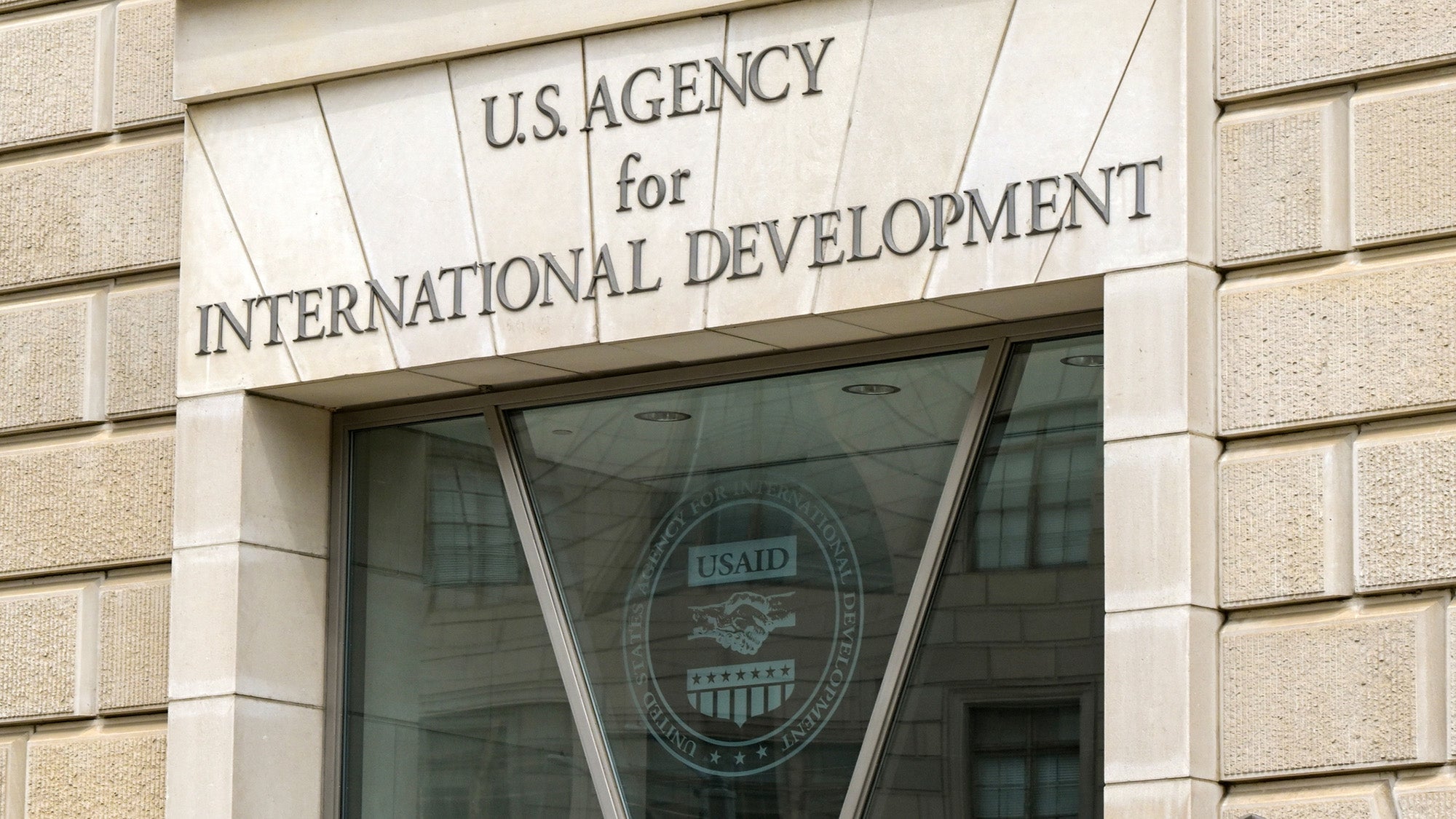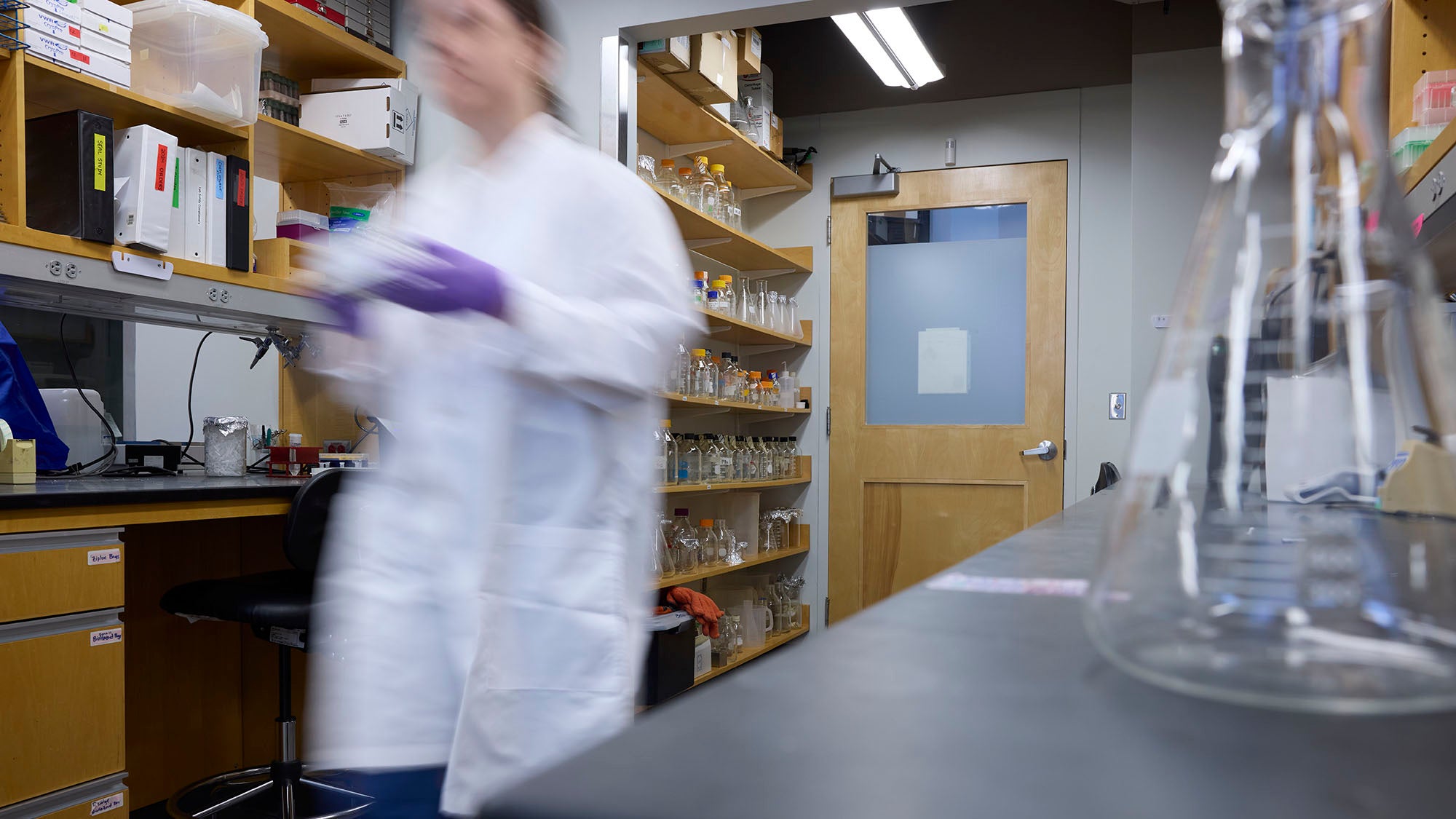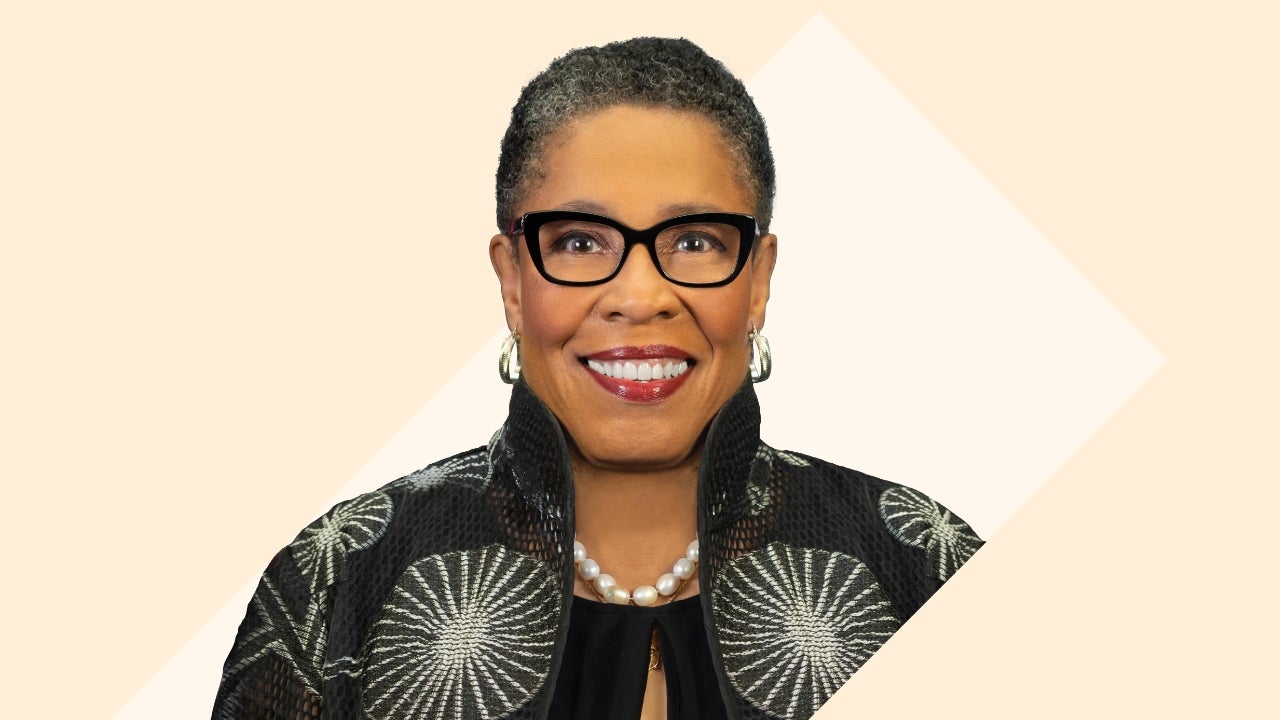Healer, mentor, music-maker
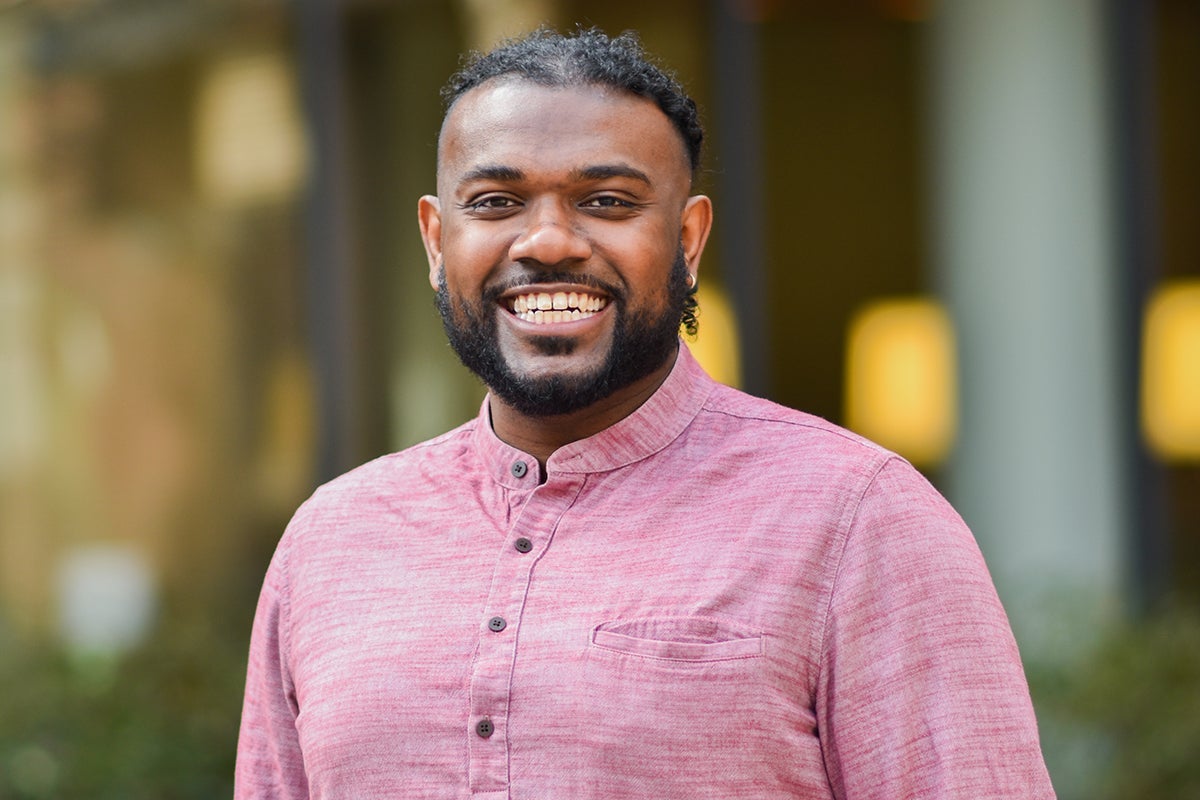
Joel Burt-Miller, MPH ’23, uses an array of talents to address physical and mental health disparities
March 16, 2023 – When Joel Burt-Miller arrived at the University of South Carolina Medical School Greenville four years ago, he was dismayed to find he was one of only two Black men in his class of 108. As someone with a deep historical understanding of how inequities limit opportunities for people of color, he decided to do something about it.
Elected class representative for diversity, equity, and inclusion, and president of his school’s Student National Medical Association chapter, Burt-Miller began collaborating with local high schools and undergraduate institutions to create a pipeline for his own medical school as well as other local medical schools. Within just a year, underrepresented students rose from 14% to 24% of the incoming class, and the number of Black men from two to eight. “I’ve always seen myself as a mentor, and no matter where I am in my educational journey, I have a little bit more to offer those coming behind me,” Burt-Miller said. He was open with those he connected with about his own academic challenges, especially as an undergraduate. “By speaking about my own journey as a pre-medical student and struggles, it’s opened the door to others to find comfort in sharing their struggles,” he said.
Burt-Miller is now a master of public health student in health policy at Harvard T.H. Chan School of Public Health and a Zuckerman Fellow. For his practicum, he is working as a health policy intern with MassHealth—the Commonwealth’s combined agency administering Medicaid and the Children’s Health Insurance Program (CHIP)—helping to administer a $7.5 million Blue Cross Blue Shield of Massachusetts Foundation grant aimed at expanding mental health services for underserved communities across Massachusetts. “We’re in a mental health crisis right now, and it’s a pivotal moment for us to really address some of the problems that existed before COVID, but are now being highlighted,” he said. “I want to understand particularly in the mental health space how policy can be translated to create real change on the ground for communities.”
Embracing Ubuntu
Burt-Miller’s mother and father immigrated from Jamaica in the 1980s, moving to a neighborhood predominantly made up of fellow Caribbean immigrants in the Bronx, New York. As a result, Burt-Miller’s childhood was centered in community. He grew up with the warm smells of spicy Jerk chicken served hot from the grill of a local Jamaican sidewalk vendor, with harmonious bachata music spilling from the local bodegas, and with rhythmic hip-hop music vibrating in the local barbershop.
At the same time, Burt-Miller became aware of the barriers that prevented his community from getting adequate healthcare. “I saw the realities of different access to healthy foods and medical care in the chronic conditions such as diabetes and hypertension that people in my community suffered from,” he said. Slowly, it became clearer that the bodegas he loved didn’t have access to the same fresh foods he saw in Manhattan counterparts, and that the love he felt while getting his hair cut in the local barbershop wasn’t a replacement for getting other physical and mental health care needs met.
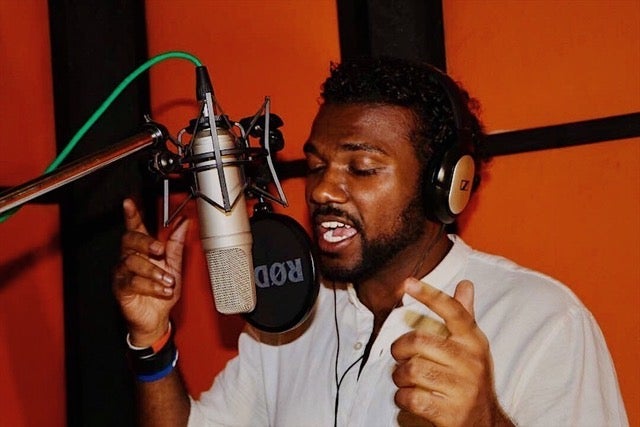
In his teens, Burt-Miller began pouring out his feelings via hip hop. He has performed many times—including, most recently, at the Harvard Chan Student Association’s 2023 International Night (I-Night), an annual celebration of students’ culture and talent—and produced a 2017 EP titled “The Love Project with Union Academy.” He said that using music to share complicated emotions about topics such as being a Black man in the U.S. and police brutality has helped him as well as his listeners. “I’ve always seen myself as a healer, and music is another form of healing,” he said.
As an undergrad at Brandeis University in Massachusetts, Burt-Miller took a course in racial inequities in health care that helped to further contextualize many of the disparities he saw in his youth and ignited his passion to become a doctor and to work to dismantle those disparities. “It provided me language to speak about what I saw growing up,” he said.

Another pivotal experience—one that broadened his global perspective of health inequities—came during a semester abroad in South Africa where he studied community health and social policy and, he said, learned as much from his host family as he did in the classroom. His host-brother, Mdu, had a limp from childhood polio. Mdu had created a garden, called The Sandanezwe Disability Project, where town residents with disabilities could work. The garden helped offset the hardships faced by these locals, who were often isolated and unable to find work because of negative perceptions about them.
“It really brought to mind how as a society, we have a way of disabling people past their actual conditions through our mindsets and biases,” said Burt-Miller, who wrote about Mdu’s project for his undergraduate independent study, created an original song and music video about it, and spoke about it in a 2018 TEDx Talk. Seeing the effects of gardening on the mental health of participants led him to embrace the South African concept of Ubuntu, which means “I am because you are” and represents community caring and support. Mdu taught him about the concept. “Ubuntu is the bridge that connects, and the first step before we can get to healing,” said Burt-Miller. “It speaks to our shared humanity and our connectedness, no matter who we are or where we are in the world.”
Fostering belonging
After graduating from Brandeis in 2016, Burt-Miller taught English in India on a Fulbright scholarship, then earned a master’s in biomedical sciences at Duke University to better prepare for medical school. As a medical student, when the COVID-19 pandemic hit, Burt-Miller drew from his experience in South Africa and launched the Ubuntu Healing Project, a community wellness program to address social isolation among medical students, faculty, and staff members. He conducted a study about the program showing how the power of human connection and conversation could help to decrease social isolation and boost a sense of belonging. Participants met once a week for eight weeks to discuss positive and challenging personal experiences. The medical school’s Office of Student Affairs now officially offers the program, and Burt-Miller would like to bring a version of it home to the Bronx to tackle inequities and promote mental wellness there.
Over time, Burt-Miller has become increasingly interested in how mental and physical health are connected, particularly for communities of color who historically lack resources and may exhibit cultural stigma about openly discussing mental health. This interest led him to reach out to learn more from Rohit Abraham, a resident at Boston Medical Center specializing in both family medicine and psychiatry. Abraham, who earned a master of public health in health policy at Harvard Chan School in 2018 and who’d also been a Zuckerman Fellow, encouraged Burt-Miller to consider applying to Harvard Chan School and the same fellowship.
Policy meets reality
Burt-Miller’s practicum—bolstering access to mental health services at neighborhood mental health centers—has been a crash course in policy meeting reality, he said. In spite of the availability of funds to make improvements, he has encountered difficulties in ensuring that changes won’t increase administrative burdens on already strained public health centers. “I have come to realize that significant barriers exist in allocating funds from the government,” Burt-Miller said, adding, “My time at Chan has helped me to envision my role in the policy space, as a future clinician seeking to expand access to care, particularly for the most historically marginalized communities.”
After graduating from Harvard Chan School, Burt-Miller plans to return to medical school for his final year, then hopes to work in a federally qualified health center—a nonprofit health center that receives federal funds and provides services to medically underserved areas or populations—working to improve both physical and mental health among patients. All of his experiences in witnessing and trying to address health disparities, he said, have made him passionate about using health policy to effect real change. He said, “It’s really ignited a flame in me, wanting to decrease the stigma around mental health and increase opportunities for access for historically marginalized populations.”
Feature photo: Phoebe Hung, MPH ’23
Additional photos: Courtesy Joel Burt-Miller
